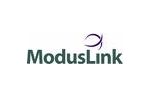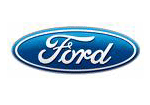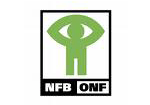MaxDB Maestro online Help
| Prev | Return to chapter overview | Next |
MaxDB identifiers
As per MaxDB documentation, the server supports two identifiers types: simple identifiers and special identifiers.
Simple identifiers:
1. The first character must be one of the following:
| • | A letter as defined by the Unicode Standard 3.2. The Unicode definition of letters includes Latin characters from a through z, from A through Z. |
| • | The dollar sign ($), "at" sign (@), or number sign (#). |
| • | Any letter that occurs in a northern, southern, or central European language and is not contained in the list of letters. (If you have installed a UNICODE-enabled database instance, a language-specific character is a character that is not included in the ASCII code list from 0 to 127.) |
2. Subsequent characters can include the following:
| • | Letters as defined in the Unicode Standard 3.2. |
| • | Decimal numbers from either Basic Latin or other national scripts. |
| • | The "at" sign, dollar sign ($), number sign(#), or underscore(_). |
| • | Any letter that occurs in a northern, southern, or central European language and is not contained in the list of letters. (If you have installed a UNICODE-enabled database instance, a language-specific character is a character that is not included in the ASCII code list from 0 to 127.) |
3. The identifier must not be a Transact-SQL reserved word. SQL Server reserves both the uppercase and lowercase versions of reserved words.
4. Embedded spaces or special characters are not allowed.
Special (quoted) identifiers
These identifiers can consist of any character with the exception of characters that indicate the end of a line in a file. The special identifiers ought to be quoted by double quotes (").
| Prev | Return to chapter overview | Next |




 Download
Download Buy
Buy
